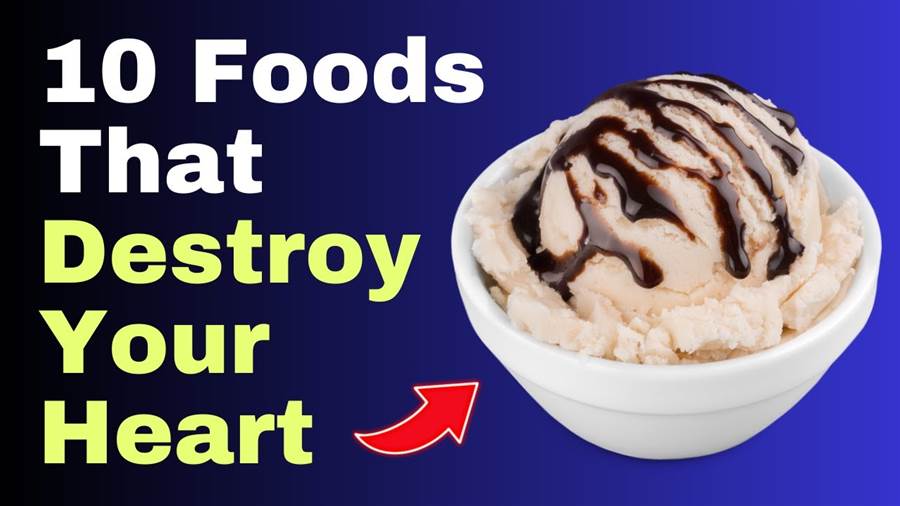
Cardiovascular disease is the leading cause of death worldwide, claiming the lives of approximately 18 million people annually. This staggering statistic includes both heart attacks and strokes, highlighting the crucial need to address the lifestyle and dietary habits that contribute to this epidemic. While there's a general consensus that food plays a significant role in heart disease, confusion remains about which foods are truly harmful. This article will help clarify the mechanisms behind heart disease and identify the top foods that contribute to its development.
The Real Cause of Heart Disease
To understand how certain foods contribute to heart disease, it's important to start with the disease itself. Cardiovascular disease occurs when the blood vessels are damaged, leading to issues like atherosclerosis (the buildup of plaques in the arteries) or clots that can cause strokes. This damage is primarily caused by two factors: inflammation and oxidative stress. These factors are, in turn, often triggered by a condition known as insulin resistance, which is the body's reduced ability to use insulin effectively.

Insulin resistance is largely influenced by lifestyle and dietary habits, particularly the overconsumption of sugar and processed foods.
The article is not finished. Click on the next page to continue.
The article is not finished. Click on the next page to continue.
Next page


















